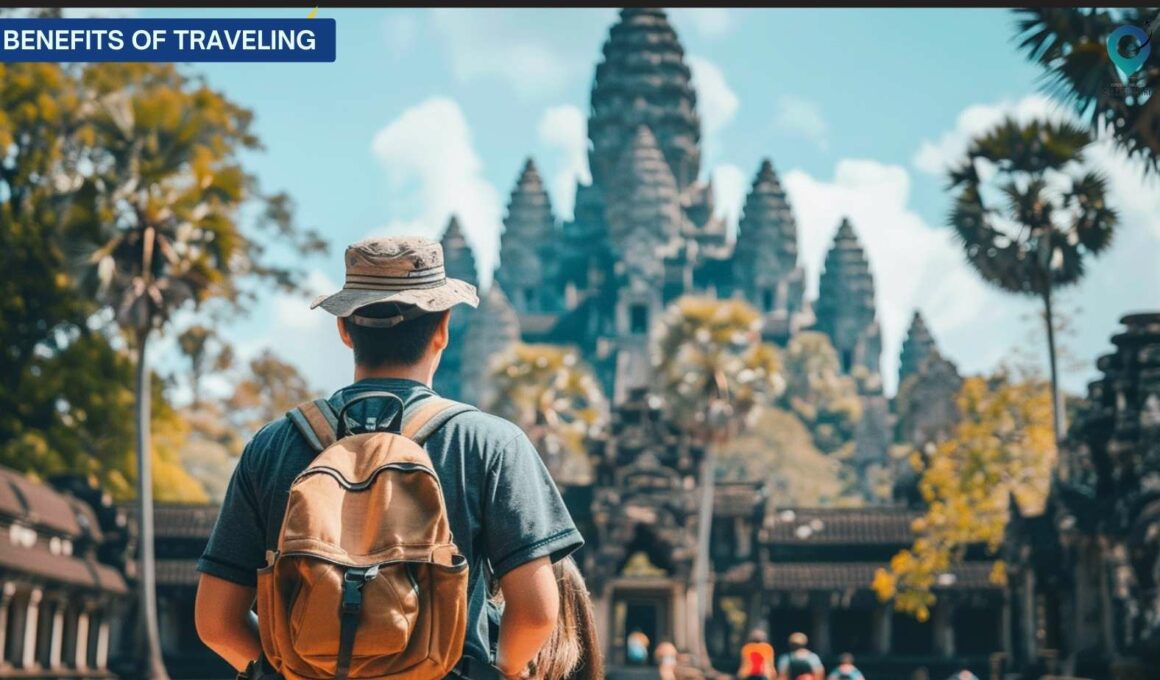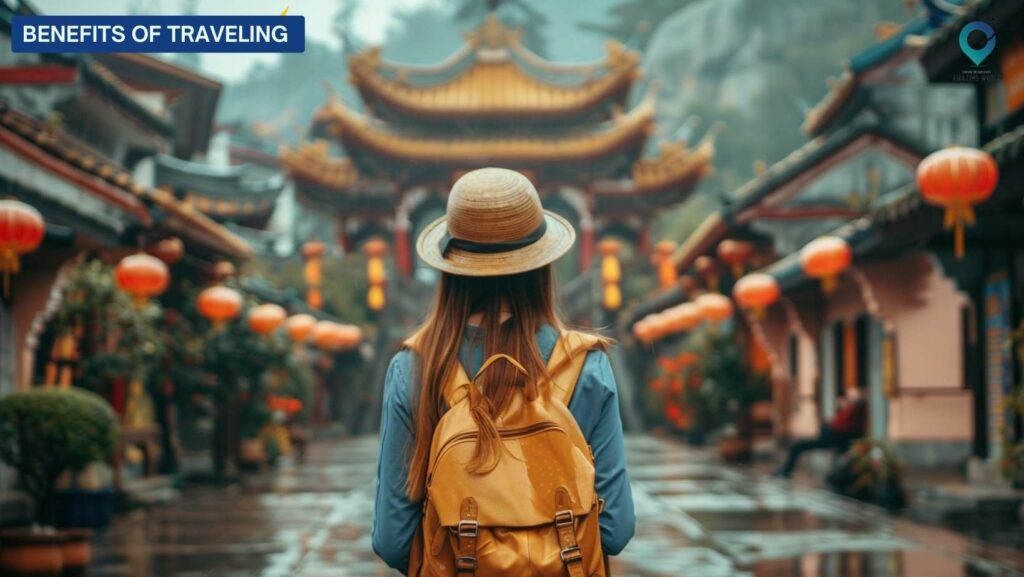Travel has a profound impact on broadening cultural understanding by breaking down barriers, fostering empathy, and encouraging open-mindedness among individuals. Through immersive experiences and firsthand interactions, travelers gain insights into diverse societies, values, and ways of life that challenge preconceived notions and enhance global awareness.
Exposure to Diverse Perspectives

One of the primary ways travel promotes cultural understanding is through exposure to a variety of perspectives, beliefs, and ways of life. By interacting with people from different backgrounds, travelers gain insights into their customs and traditions. This exposure is essential for cultivating a deeper appreciation for the complexity of human existence and encourages recognition that there is no singular 'right' way to live. When travelers witness the daily lives of individuals from various cultures, they can dispel stereotypes and replace misconceptions with a richer, more nuanced understanding of humanity[3][4].
Breaking Down Stereotypes

Stereotypes often stem from ignorance or lack of exposure to other cultures. Travel provides the opportunity to confront these biases directly. As individuals meet people from diverse backgrounds and observe their customs, they dismantle harmful stereotypes that may have previously clouded their judgment. Engaging in meaningful conversations and sharing experiences with locals allows travelers to appreciate the richness of different cultures and appreciate the unique narratives of the individuals within them[2][5][7].
Enhanced Empathy and Mutual Respect

Travel encourages the development of empathy, which is a crucial component of cultural understanding. Engaging with diverse communities allows individuals to witness the joys, struggles, and values of different cultures, fostering a sense of connection and shared humanity. As travelers learn to empathize with others, they cultivate a greater respect for cultural differences, ultimately promoting a more harmonious global community. This mutual respect is cultivated through authentic interactions, where open-mindedness and a willingness to learn from others lead to deeper cultural exchanges[1][3][4].
Learning from Cultural Traditions

By immersing themselves in local customs, traditions, and rituals, travelers gain insights into the historical, social, and environmental factors that shape a community's way of life. Such engagements provide invaluable lessons in resilience, adaptability, and creativity, allowing travelers to connect with the people they meet on a more profound level. Participating in local ceremonies, trying traditional meals, and sharing experiences help build bridges between cultures and foster an appreciation for the intricacies of human expression[5][6][7].
Personal Growth and Self-Discovery

Travel is not merely about encountering new cultures but is also a source of personal growth. Stepping outside of one’s comfort zone allows individuals to develop resilience, adaptability, and open-mindedness. As travelers navigate unfamiliar environments, they confront their biases and assumptions, leading to self-reflection and a more profound understanding of their beliefs[4][6]. This journey of self-discovery supports a more expansive worldview, equipping individuals with skills and insights that they can share with others upon their return[2][4].
Overcoming Challenges and Building Connections
Traveling often involves facing challenges such as language barriers or unfamiliar customs. These experiences offer travelers the chance to cultivate patience and understanding while learning to appreciate the richness embedded in diverse cultures[6][7]. The friendships formed during travel often transcend geographical boundaries and contribute to a shared sense of belonging among people from different backgrounds. Such connections lead to lasting memories and reinforce the belief that cultural differences are not to be feared but celebrated.
The Impact of Cultural Exchange
The concept of cultural exchange plays a vital role in enhancing cultural understanding. Engaging in cultural exchange—whether through art, language, or culinary experiences—allows for a reciprocal sharing of knowledge. By embracing the local culture and participating in community events, travelers enrich their own experiences while contributing to the preservation of cultural heritage[5][6]. This commitment to engaging respectfully with local cultures fosters goodwill and mutual understanding[5].
Promoting Sustainable Tourism Practices

As travelers become more aware of the cultural and environmental impacts of their visits, the promotion of sustainable tourism practices has become increasingly vital. Responsible tourism encourages individuals to engage with local communities in ways that respect their cultures and heritage. Supporting local artisans, engaging in eco-friendly practices, and participating in community-based tourism initiatives exemplify how travelers can contribute positively to the destinations they visit[7]. Such engagements ensure that the benefits of tourism extend to local communities while promoting genuine cultural encounters.
Conclusion
In conclusion, travel serves as a transformative experience that expands cultural understanding through exposure to diverse perspectives, breaking down stereotypes, and fostering empathy. By engaging with different cultures, travelers cultivate mutual respect and appreciation for the rich tapestry of human diversity. As they navigate new environments, overcome challenges, and participate in cultural exchanges, individuals not only enrich their own lives but also contribute to a more interconnected and tolerant global community. Ultimately, the experiences gained through travel create lasting impacts that extend far beyond each journey, emphasizing the significance of cultural awareness and understanding in our increasingly globalized world[1][3][4][6][7].
Get more accurate answers with Super Pandi, upload files, personalized discovery feed, save searches and contribute to the PandiPedia.
Let's look at alternatives:
- Modify the query.
- Start a new thread.
- Remove sources (if manually added).